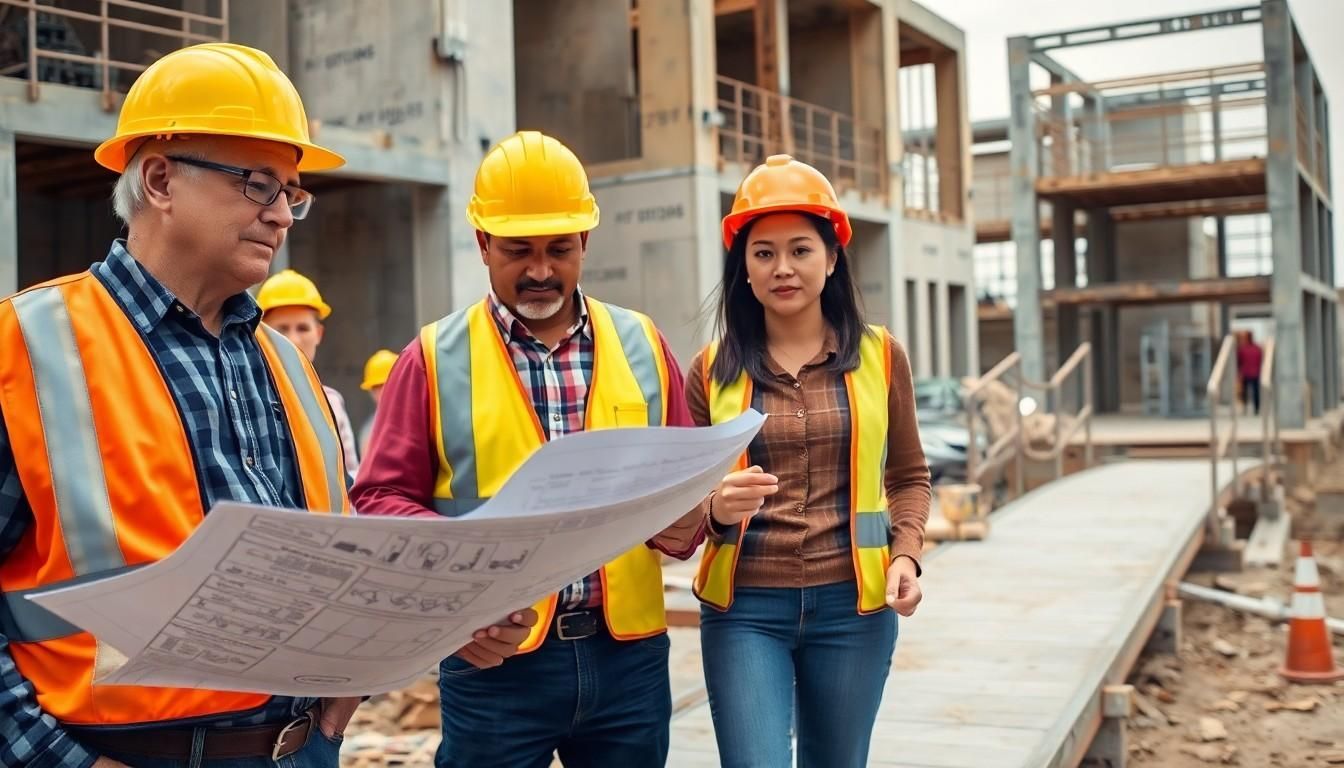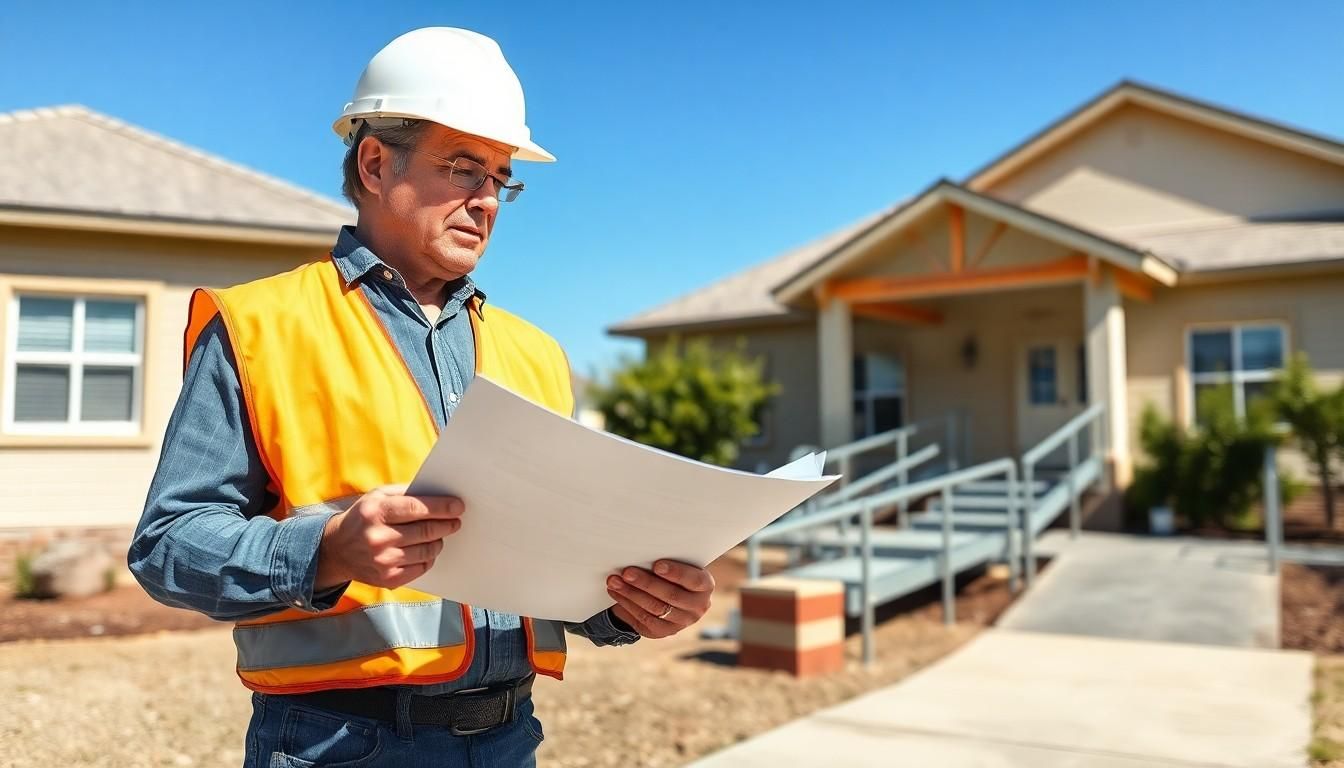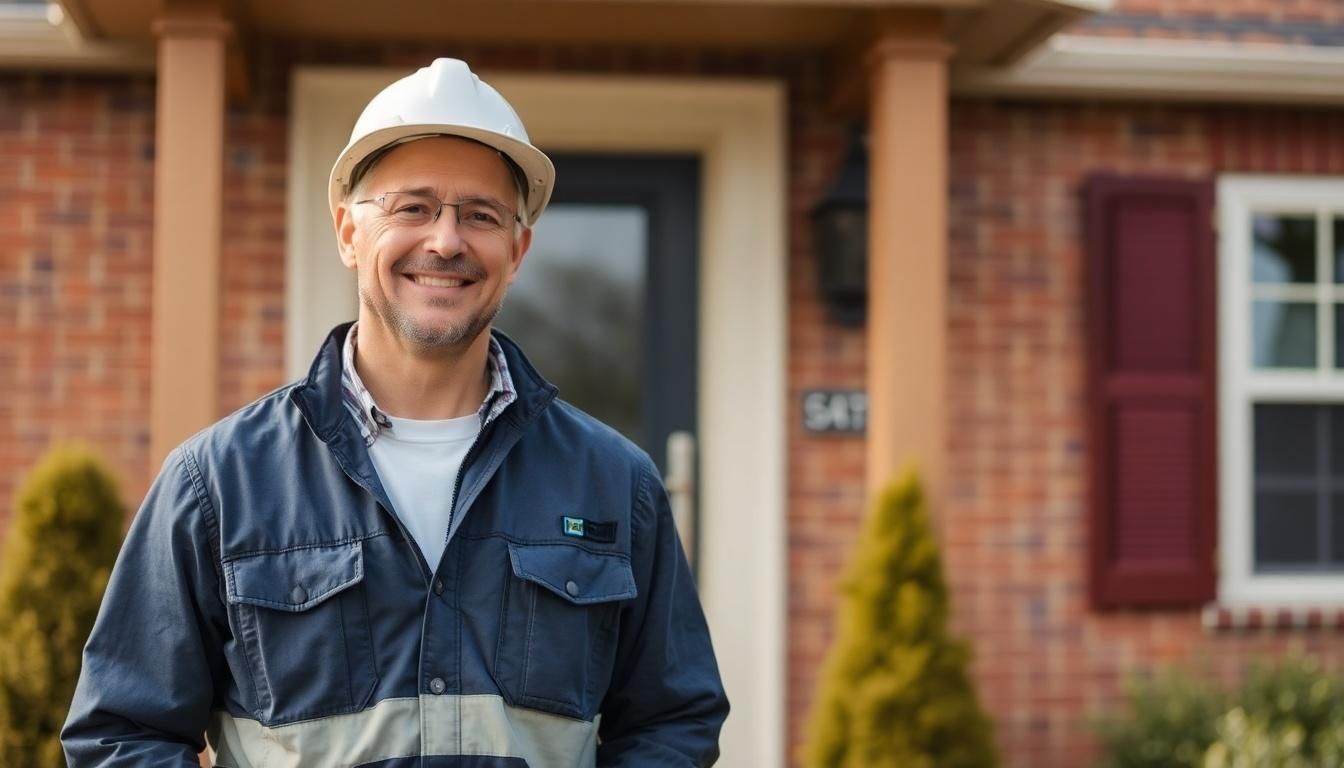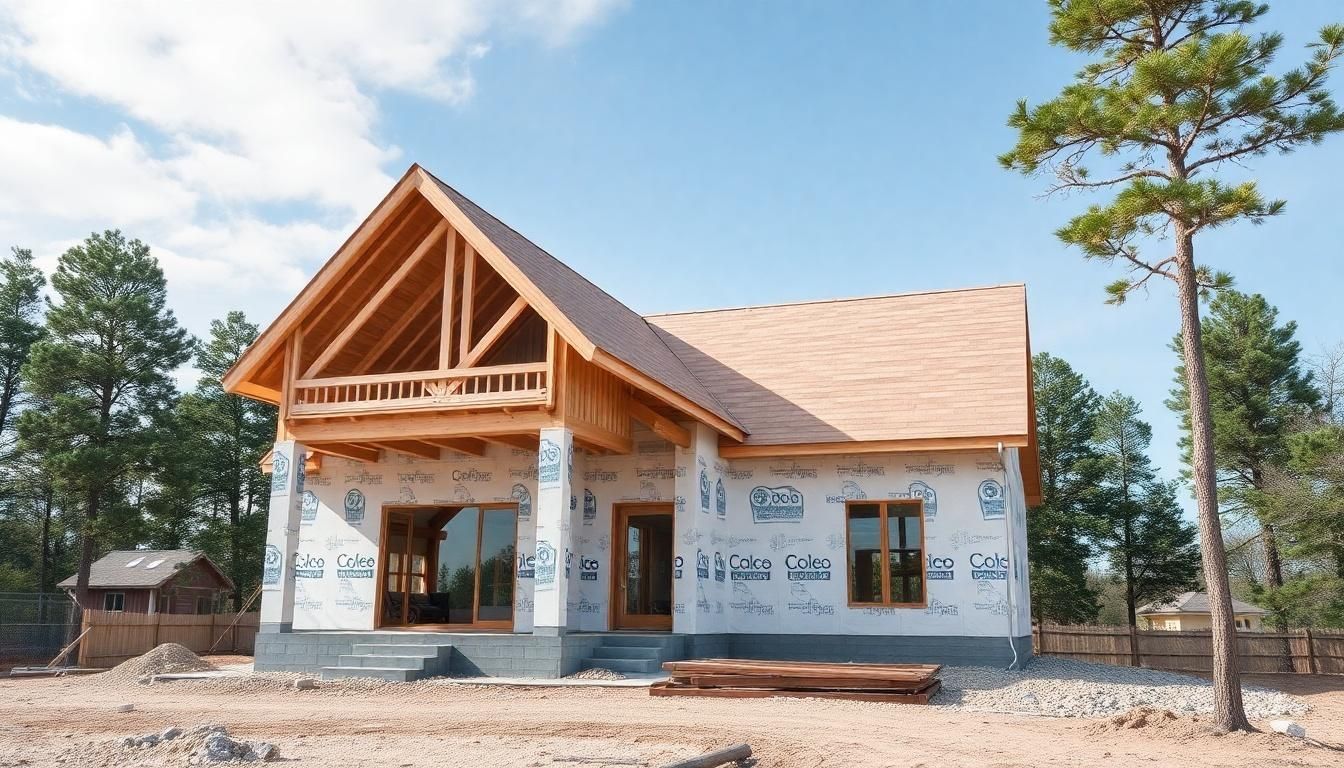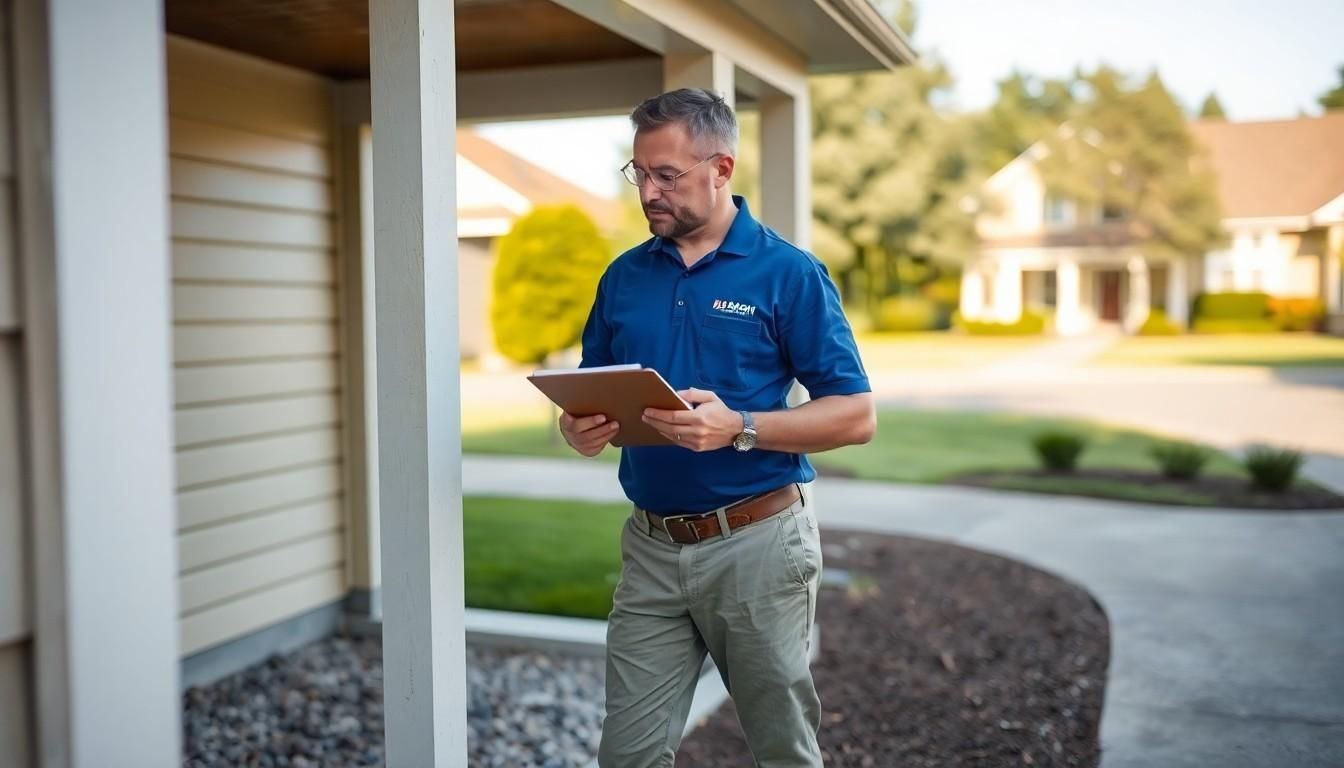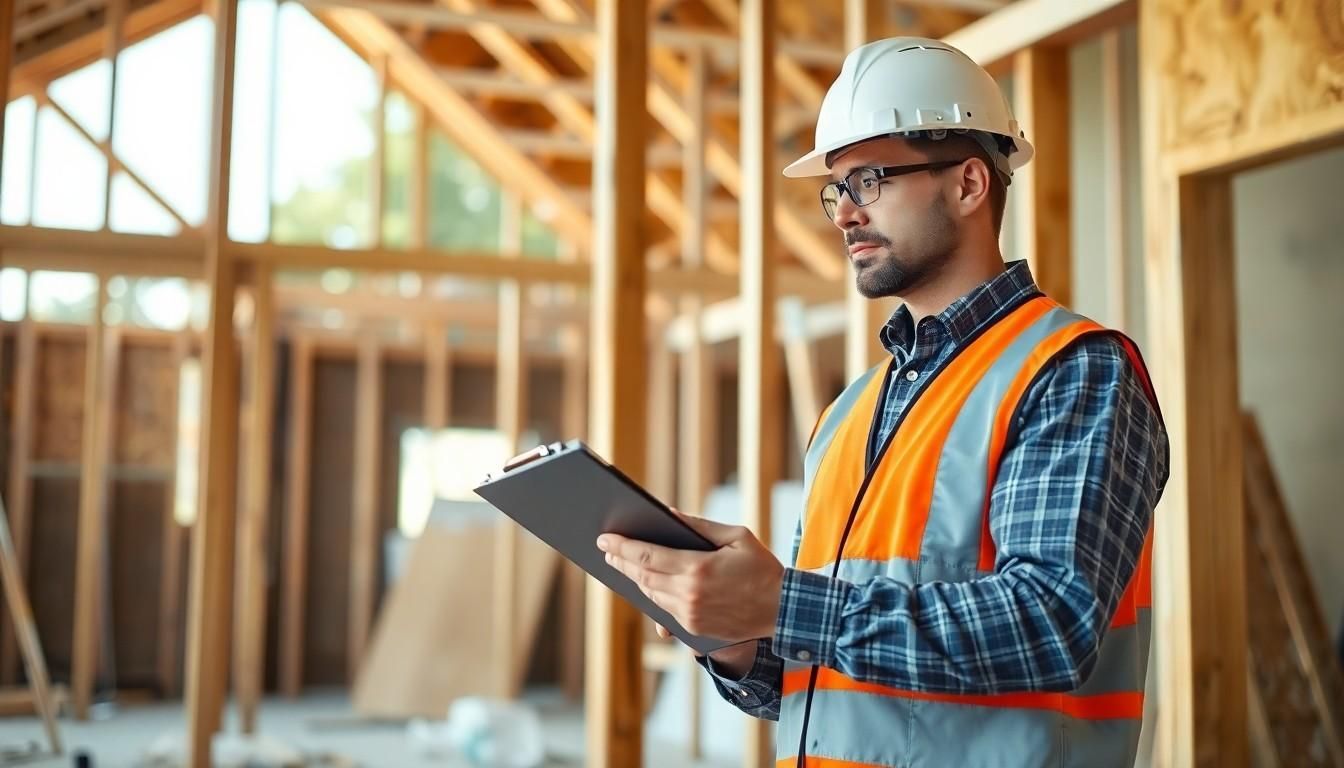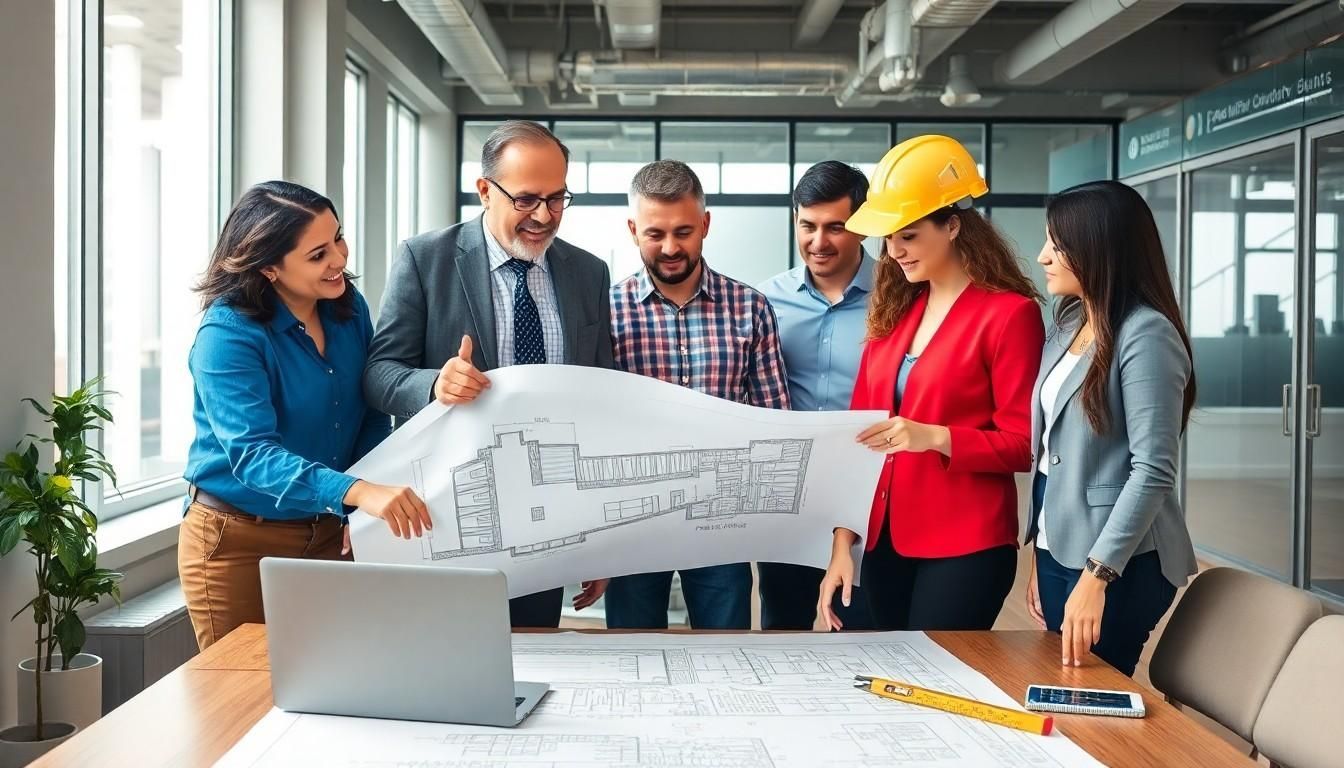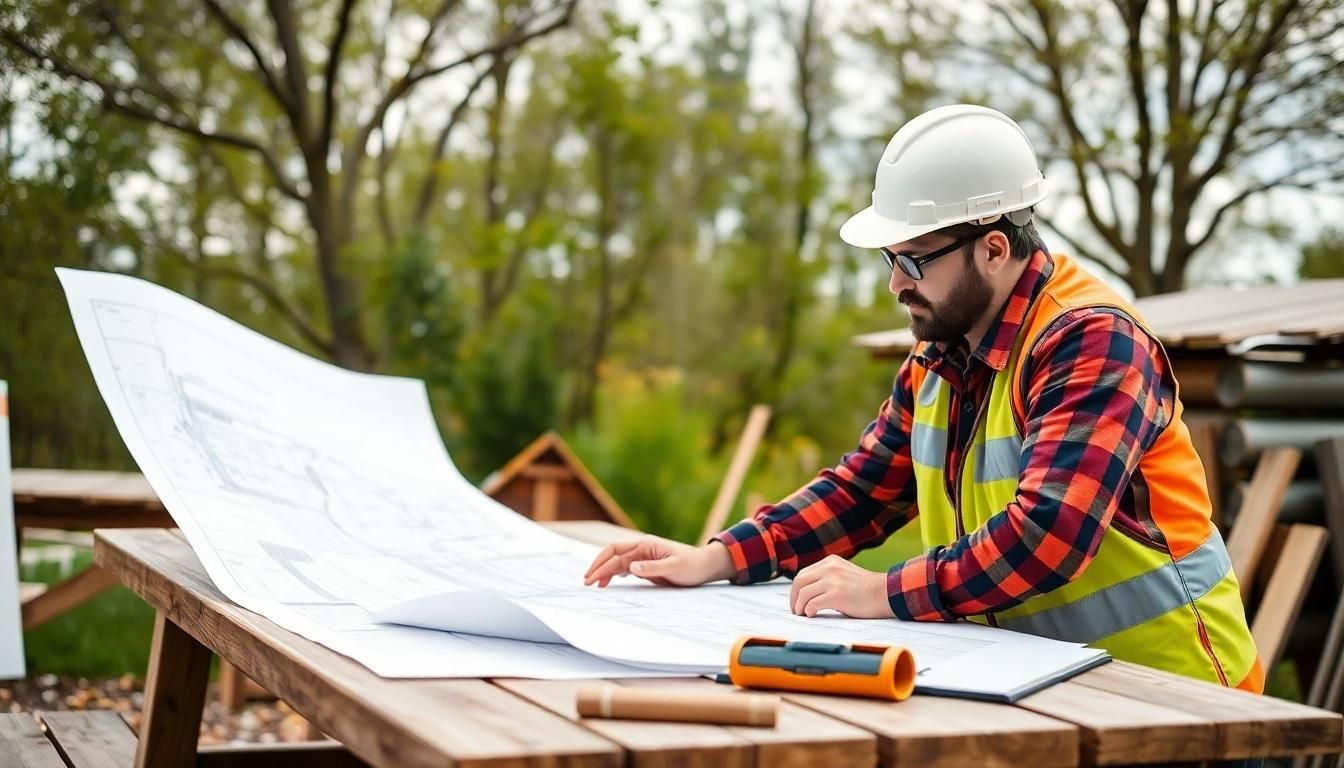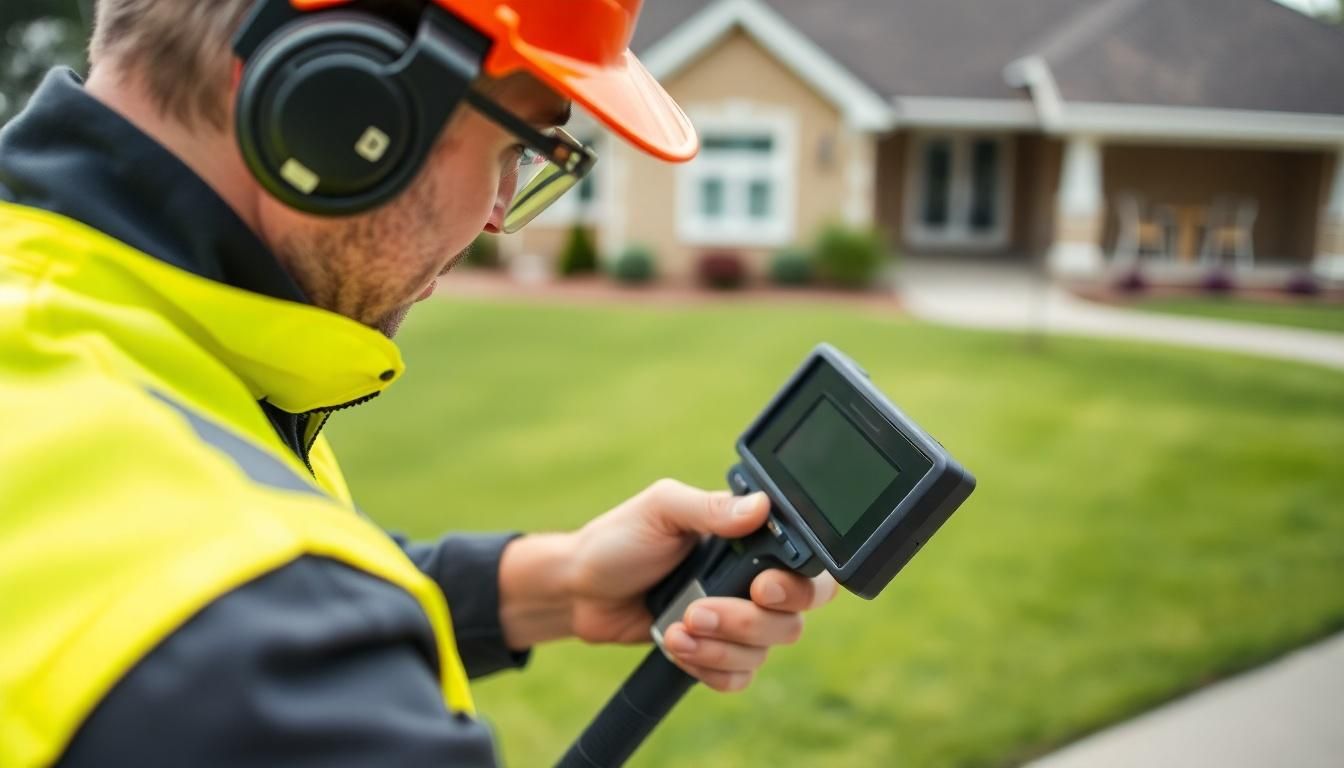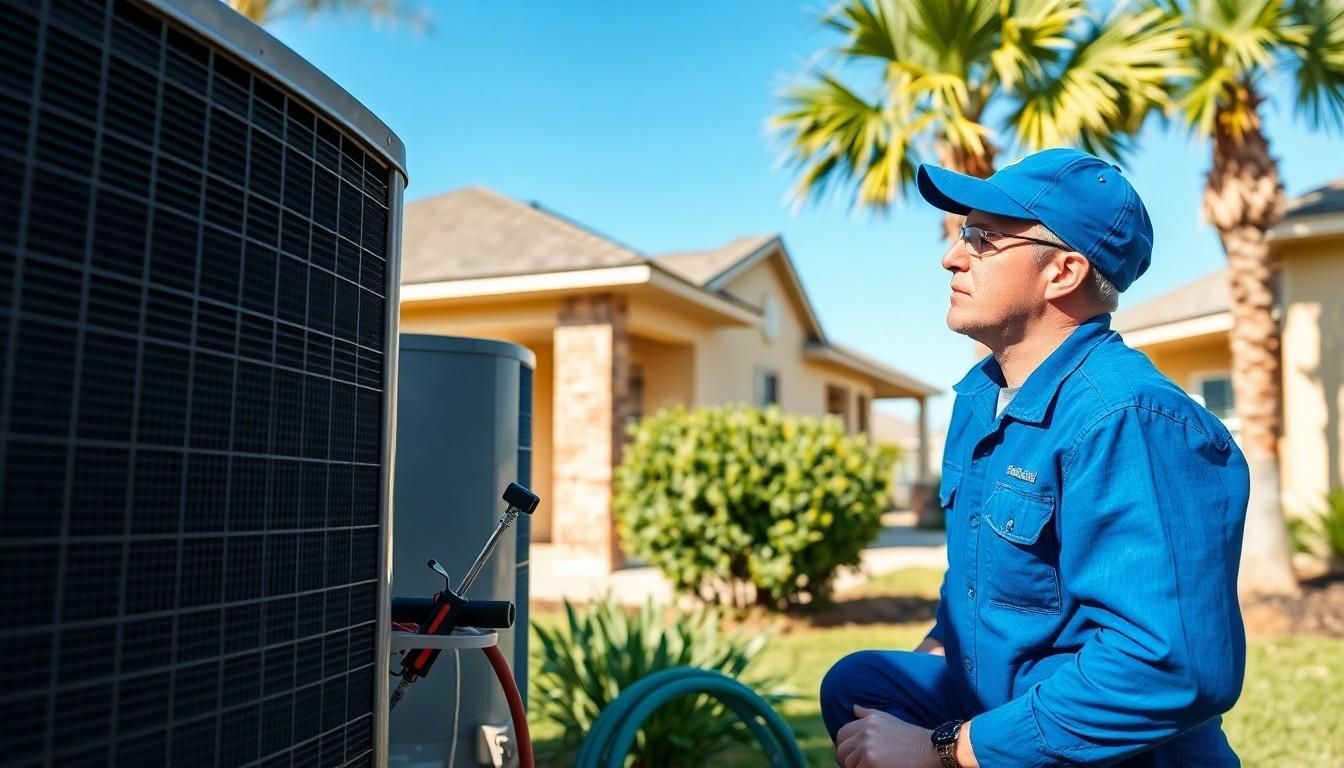What Is The Role of a Licensed Home Inspector?
- Licensed home inspectors are essential in real estate, evaluating structural integrity, electrical systems, plumbing, roofing, and HVAC for safety and compliance.
- Key inspection areas: Foundation, walls, roof, wiring, pipes, fixtures, and HVAC systems.
- Inspectors prevent costly repairs by identifying issues early, aiding buyer negotiations.
- Training requires state-approved programs, exams, and ongoing education.
- Specializations include environmental hazards, energy efficiency, new construction, and investment properties.
- Technology used: Drones, infrared cameras, moisture meters enhance inspection accuracy.
- Inspections impact property value by identifying and suggesting repairs for hazards like electrical faults, leaky pipes, and mold growth.
Is hiring a licensed home inspector a game-changer or merely an added expense in your property transaction? As a property owner, understanding the role of a licensed home inspector is pivotal in ensuring the safety and efficiency of your investment. These professionals delve deep into evaluating structural integrity, electrical systems, and plumbing, all while adhering to local building codes. Their expertise not only safeguards your asset but also empowers informed decision-making, potentially saving you substantial costs in the long run. Discover how these vital assessments can make or break your next real estate deal.
Understanding the Role of a Licensed Home Inspector
Licensed home inspectors are vital in real estate deals. They thoroughly check residential properties to find issues that might affect value or safety. Inspectors look at structural elements, electrical systems, plumbing, and more. They ensure homes meet local building codes and safety standards. This detailed evaluation helps both buyers and sellers understand the property's condition, aiding decision-making during negotiations.
Inspectors evaluate several key areas, including:
- Structural Integrity: Inspecting the foundation, walls, and framework for any damage.
- Electrical Systems: Checking wiring, outlets, and electrical panels for safety.
- Plumbing: Examining pipes, fixtures, and water heaters for leaks.
- HVAC Systems: Assessing heating, ventilation, and air conditioning for proper operation.
- Roofing: Inspecting the roof for damage or potential issues.
These evaluations are key to protecting buyer investments. By uncovering defects or hazards, inspectors provide insights that can aid decision-making and negotiations. This process helps avoid future expenses and ensures smoother transactions by addressing concerns early. Licensed home inspectors are crucial for ensuring transparency and integrity in real estate dealings.
Key Duties of Licensed Home Inspectors
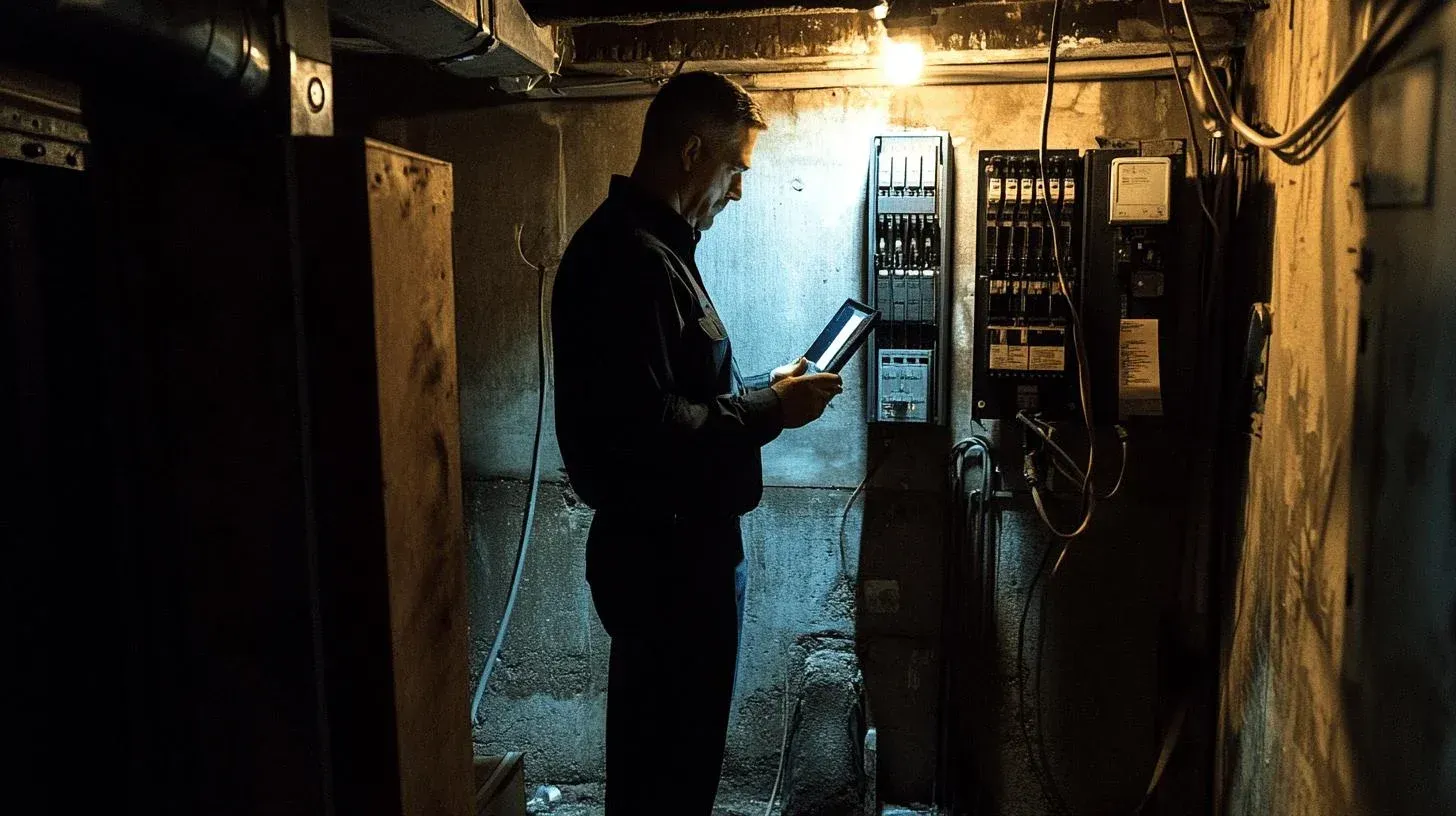
Licensed home inspectors are tasked with examining structural components for building safety. They closely inspect areas like the foundation, walls, and roofing. This identifies issues that might compromise property safety. Such inspections determine if structural elements meet safety standards and codes. Detecting defects early prevents costly repairs and maintains property value. Inspectors provide clients with a complete understanding of risks, aiding informed investment decisions.
Assessing Structural Integrity
During a structural integrity assessment, inspectors examine the foundation, walls, and roof. They look for damage signs, like cracks or uneven settling, that suggest foundational issues. Walls are checked for stability and water damage or mold. Roof inspections involve checking shingles and other materials for leaks or damage, which could lead to further issues. These assessments ensure the property is safe, protecting both buyers and sellers.
Inspectors also assess electrical and plumbing systems. Electrical checks include evaluating wiring, outlets, and panels to ensure they meet safety standards and are fire-safe. Inspectors ensure proper grounding and that the system handles household load requirements. Plumbing checks cover pipes, fixtures, and heaters for leaks, pressure issues, and functionality. Finding problems early can prevent big damage and expenses, ensuring home safety and comfort.
Evaluating Electrical and Plumbing Systems
Inspectors look for outdated or faulty wiring, posing fire risks. They assess electrical panels for labeling and capacity. Inspectors test outlets for proper functionality. In plumbing, they check pipes for leaks, test water pressure, and inspect fixtures and heaters. These evaluations find potential hazards and ensure home systems operate safely, contributing to the property's overall assessment.
Importance of a Licensed Home Inspector in Real Estate Transactions
In real estate, a licensed home inspector's role is crucial. They provide detailed inspection reports that heavily influence negotiations and decision-making. How do these reports affect negotiations? When reports find issues or defects, they often lead to repairs or price adjustments.
These assessments protect buyer investments and ensure properties meet safety standards. For instance, finding structural defects or electrical hazards early allows buyers to negotiate repairs or price reductions, saving costs. Understanding inspection reports is vital as they offer a complete evaluation, highlighting areas that need attention or action.
Qualifications and Certifications for Home Inspectors
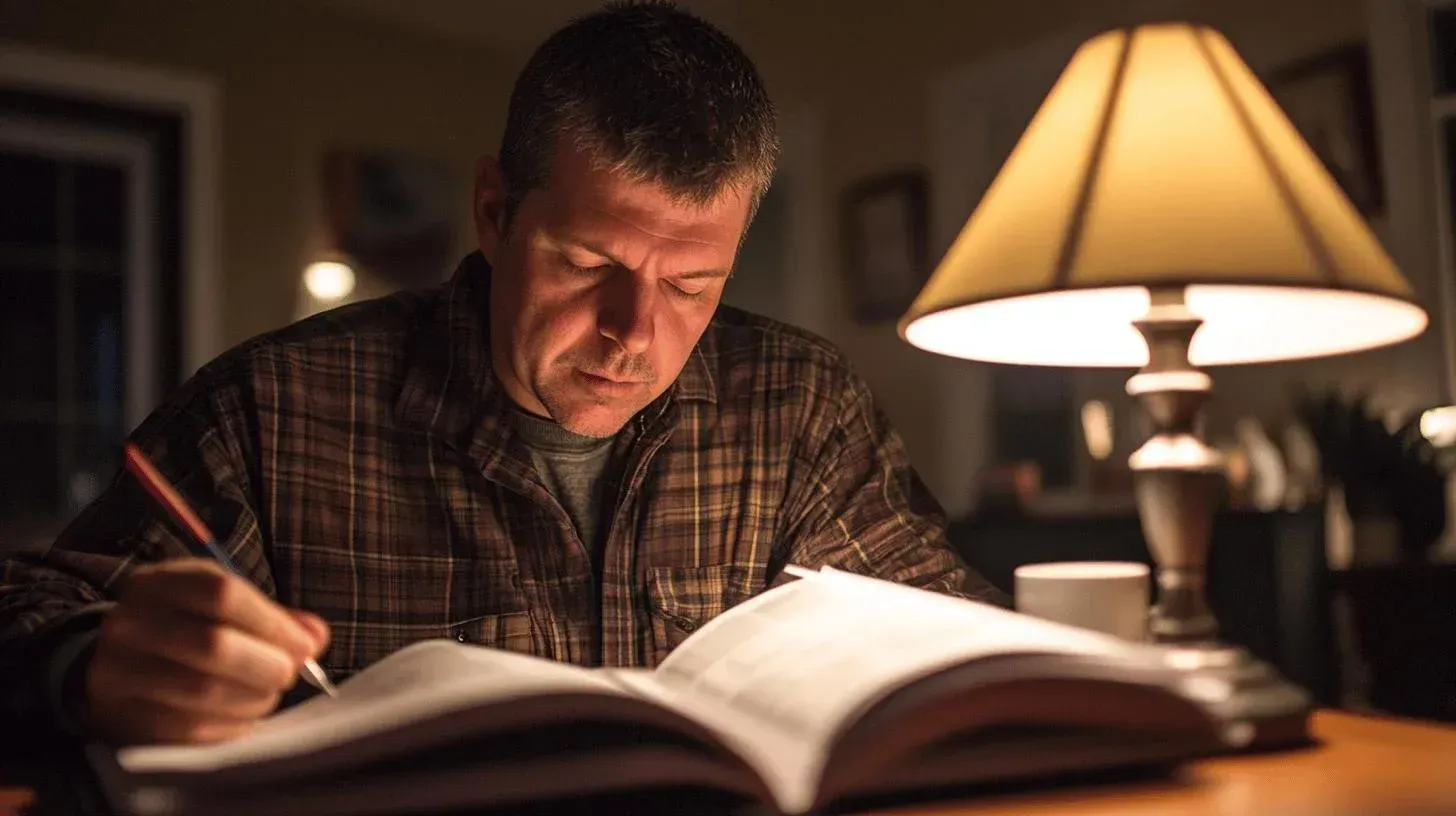
To become a licensed home inspector, candidates need specific qualifications and training. The journey starts with a state-approved program covering home inspection fundamentals like structural assessment, electrical systems, plumbing, HVAC, and roofing. Programs like those at LEAP in Central Florida equip inspectors with the skills to evaluate properties accurately. These comprehensive courses combine theory and experience, preparing candidates for the field's challenges.
Training Programs and Courses
Training programs often cover building codes, safety standards, and inspection tools. They mix classroom learning with hands-on practice, letting students use their knowledge in real scenarios. Institutions like LEAP ensure students understand inspection processes as per regional regulations and industry standards. These courses prepare candidates for exams and keep them updated with inspection techniques and technology.
After training, aspiring inspectors must pass exams to get their licenses. Exams test their knowledge and skills to ensure they conduct thorough and safe inspections. Licensing varies by region but usually includes exams, background checks, and fingerprint records. Continuing education is often needed to maintain licenses, keeping inspectors informed on industry developments. This ongoing learning maintains high property evaluation standards and safeguards public safety.
Certification Exams and Licensing
Certification exams test candidates' skills in recognizing structural issues, electrical hazards, plumbing defects, and other concerns. Each region has specific criteria, possibly including extra exams or assessments. Continuing education helps renew licenses, ensuring inspectors know the latest methods, technologies, and legal requirements. This commitment to learning ensures reliable assessments, fostering trust in real estate transactions.
Tools and Technology in Home Inspections

Advanced technology in inspections boosts accuracy and thoroughness. Tools like drones and infrared cameras are key. Drones offer detailed roof inspections with aerial views not visible from the ground. This method enhances safety as inspectors don't need to climb roofs. Infrared cameras detect heat loss and moisture, finding potential issues within walls and ceilings. These technologies help inspectors deliver deep assessments, ensuring no critical details are missed.
The Impact of Home Inspections on Home Value and Safety
How do home inspections affect property value? By identifying hazards and suggesting repairs, inspections preserve and may increase a property's value. Finding issues like faulty wiring or leaky pipes addresses safety problems and prevents long-term deterioration that could lower market value. Repairs based on findings can stop future issues, maintaining property appeal and integrity. This proactive approach protects investments by ensuring safety and function standards, making homes more attractive in the real estate market.
- Electrical faults
- Leaky pipes
- Foundation cracks
- Roof damage
- Mold growth
Addressing these common hazards during inspections is key to protecting property value and occupant safety. By ensuring these issues are resolved, inspectors enhance living safety while improving the home's appeal and marketability.
Final Words
Understanding the role of a licensed home inspector is crucial in identifying potential issues within residential properties, ensuring both safety and compliance. These professionals conduct thorough evaluations of structural elements, electrical systems, and other critical areas to aid informed decision-making during real estate transactions.
With inspection reports, they safeguard investments and influence negotiations, potentially leading to necessary repairs. The profession offers various opportunities, covering residential to specialized inspections, enhanced by modern technology like drones and infrared cameras.
Ultimately, licensed home inspectors like the folks at MyAccurateHomeServices play a vital role in property value and safety, providing essential insights for homeowners and investors alike.
FAQ
What is the main role of a licensed home inspector?
A licensed home inspector is crucial for conducting detailed examinations of residential properties to assess their condition and ensure compliance with local building codes. This role contributes significantly to real estate transactions by safeguarding buyer investments.
What does a home inspector look for during an inspection?
In their inspections, home inspectors check various areas including structural integrity, electrical systems, plumbing, HVAC systems, and roofing to identify potential issues or defects impacting property value or safety.
What is the function of a properties inspector?
The primary function of a properties inspector is to evaluate and assess different property elements, ensuring they meet safety standards, local regulations, and identifying areas needing repairs, safeguarding property investments.
What does a home inspection checklist include?
A home inspection checklist typically includes structural elements, electrical and plumbing systems, heating and cooling systems, roofing, and exterior components, ensuring a comprehensive property assessment.
How can someone become a home inspector in California?
To become a home inspector in California, individuals must complete specific training programs and pass relevant certification exams. Requirements may vary by region, so it's vital to consult local guidelines and educational resources.
What qualifications and certifications do home inspectors need?
Home inspectors need to complete specific training programs and pass certification exams. Requirements vary by region, but typically include education in property assessment and certification for legal practice.
How do inspection reports impact real estate transactions?
Inspection reports are essential in real estate transactions, influencing negotiations and decision-making by detailing issues such as structural defects, electrical hazards, plumbing leaks, and roofing concerns, guiding necessary repairs or price adjustments.
